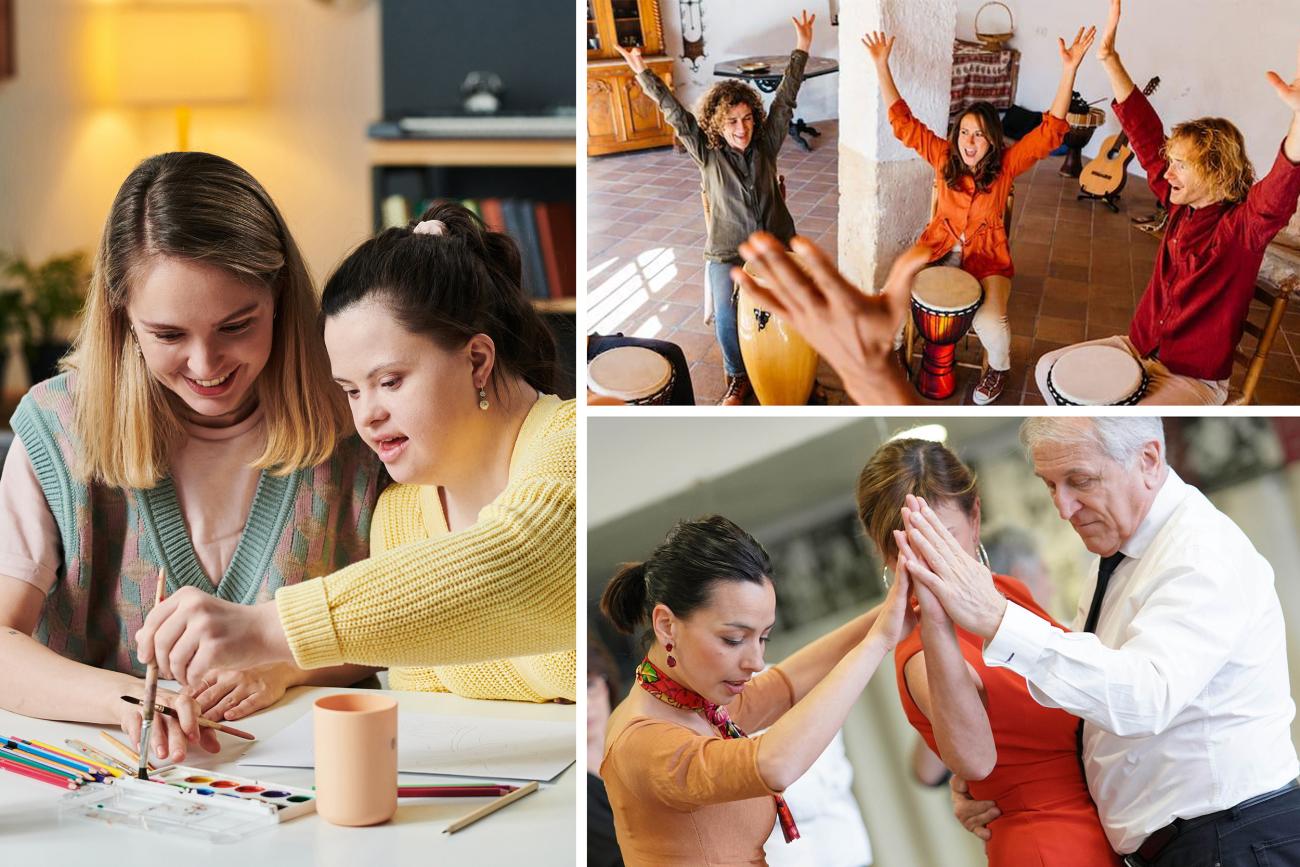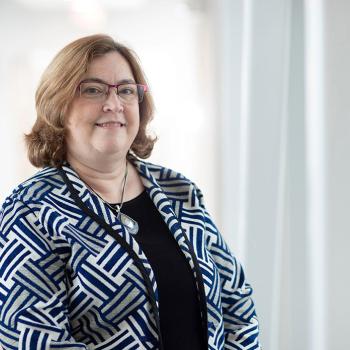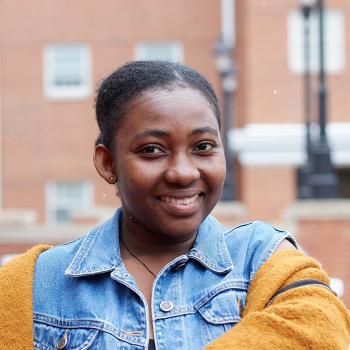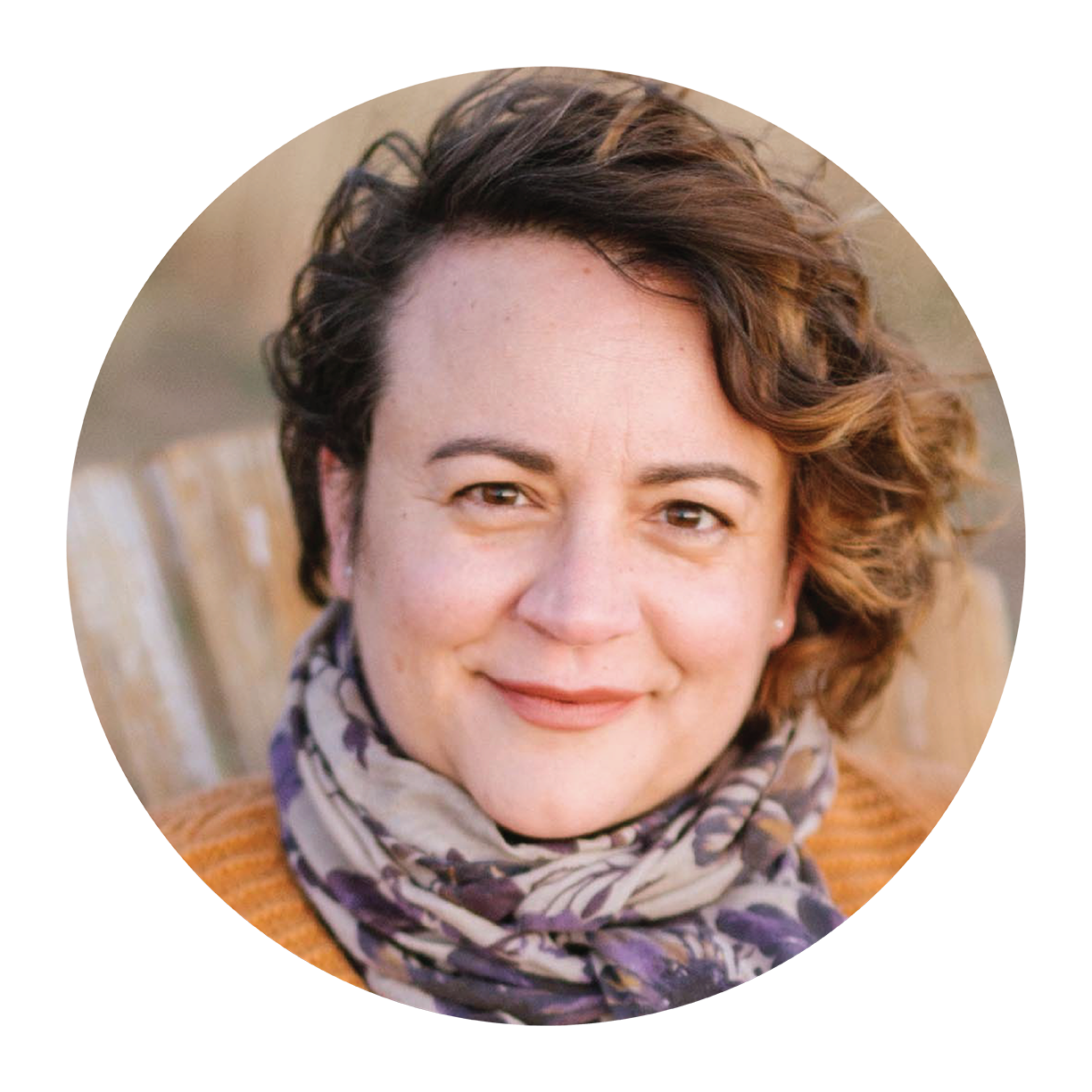Who can apply for the MAAH program?
Applicants are expected to have a bachelor's degree in fine arts (music, dance, theater, dance, etc.) from a regionally accredited U.S. college or university or equivalent, or an undergraduate degree in another field with equivalent lived or academic fine arts experience. Creative arts therapists may choose to apply to gain a broader perspective on the role of arts in health in their own professional clinical practice or how to better learn to collaborate on research teams or in community programs.
"Equivalent" arts experience will be assessed based on the required letter of interest/personal statement and the required portfolio submission that demonstrates the applicant's fine art practice. For example, a student who received a BA in computer science but has early training (or self-taught) as a musician who continues to compose or perform. The depth of their practice as a fine artist would be evidenced through arts-based submission (video audition, art portfolio, etc.).





